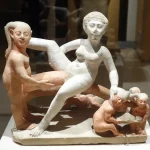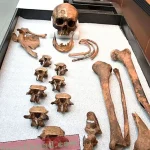The revolutionary pharaoh Akhenaten changed the religious landscape of ancient Egypt.
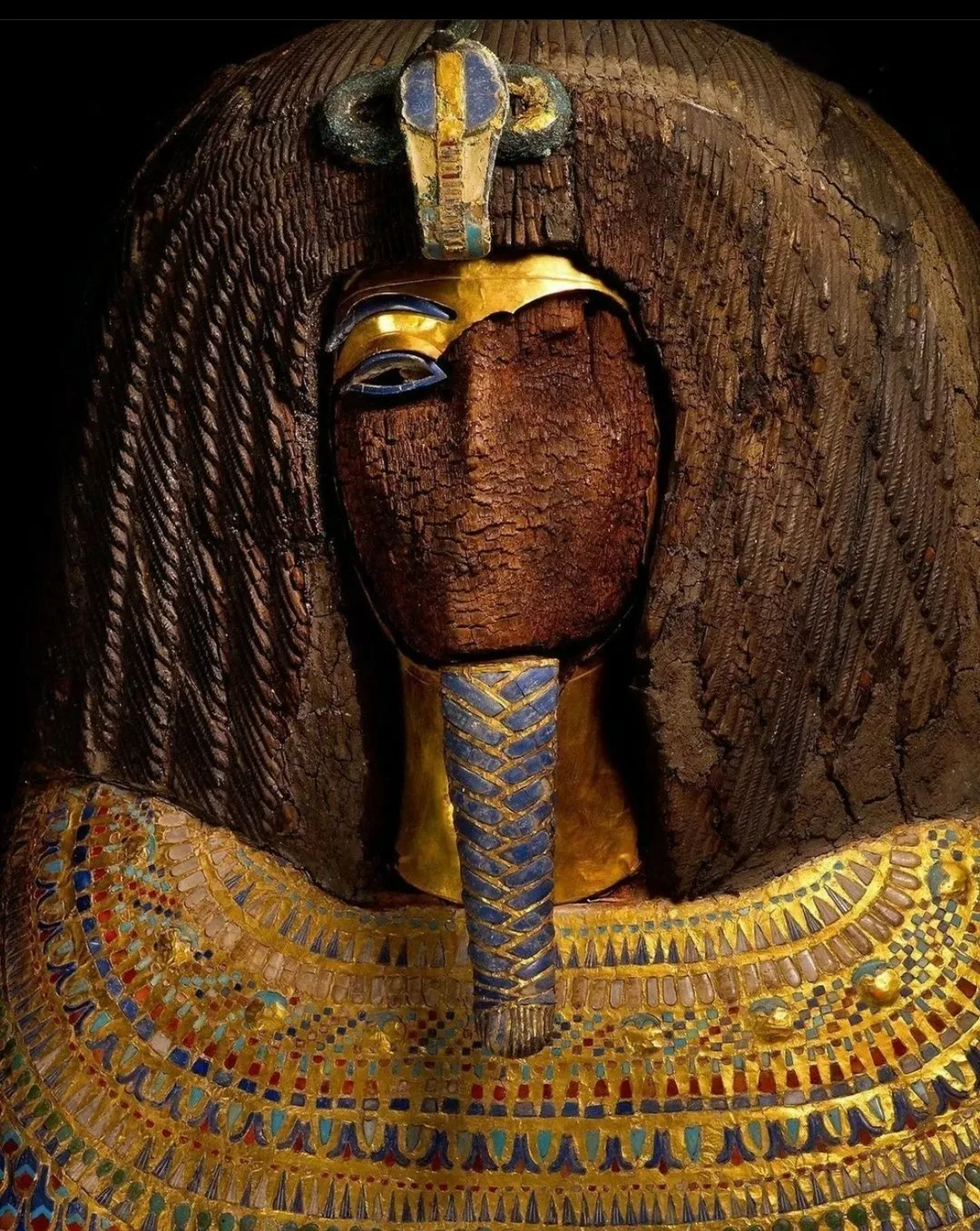
Pharaoh Akhenaten, also known as Amenhotep IV, was a fascinating figure who left an indelible mark on ancient Egyptian history. His reign, which spanned from 1353 to 1334 BC, was characterized by radical religious and artistic reforms that set him apart from his predecessors.
One of the most intriguing aspects of Akhenaten’s legacy is the discovery of the KV55 coffin in the Valley of the Kings. This sarcophagus, found in 1907, is believed to have originally contained the remains of Akhenaten himself. The controversial identification of the occupant has sparked debates among Egyptologists, but many scholars argue that it was indeed the burial site of this enigmatic pharaoh.
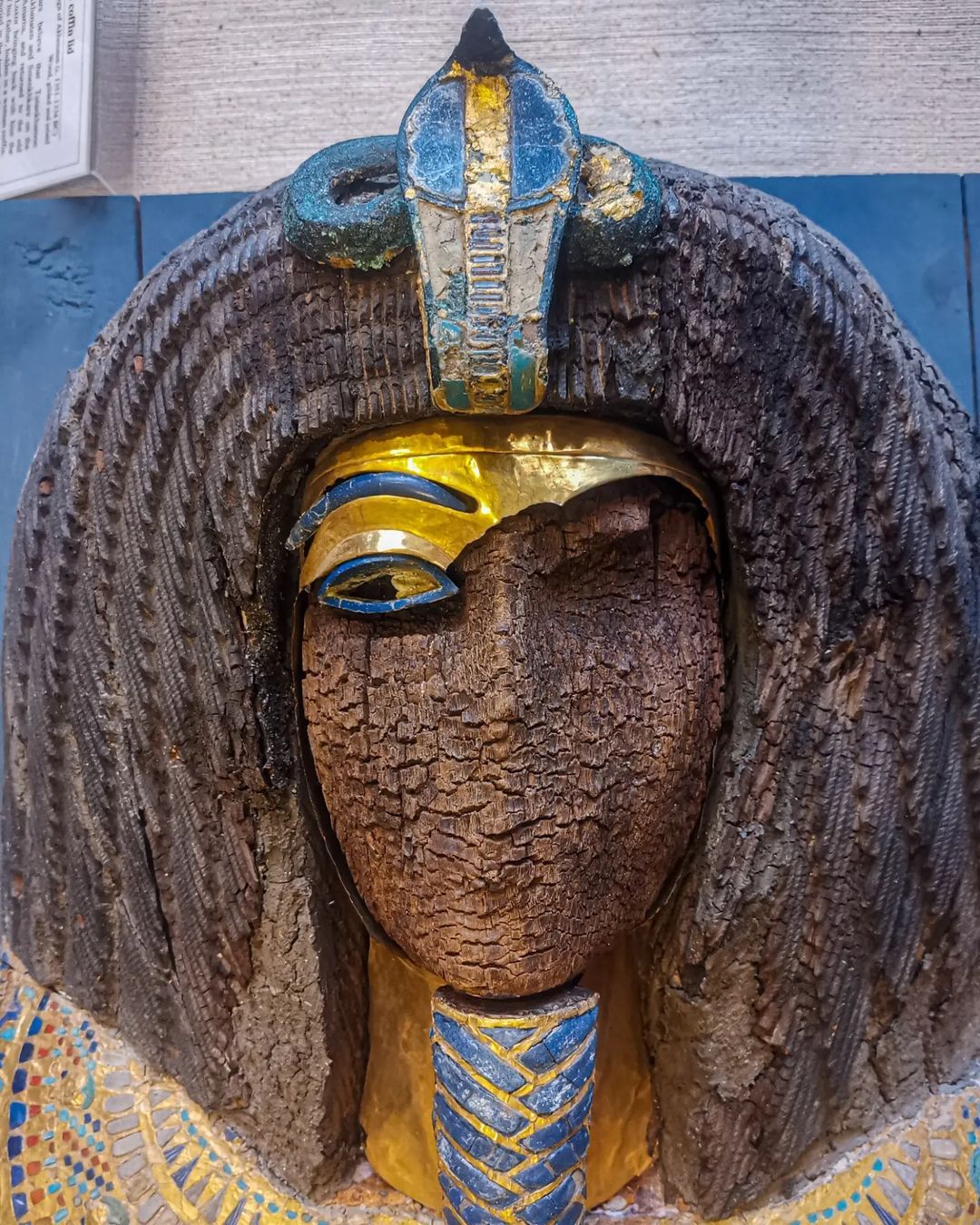
Akhenaten’s reign was marked by a dramatic shift in religious beliefs. He introduced a monotheistic worship centered around the sun disk, Aten, challenging the traditional polytheistic practices of ancient Egypt. This religious revolution led to the establishment of a new capital city, Amarna, dedicated to the worship of Aten.

The artistic style of the Amarna period, known as the Amarna art, is distinct and easily recognizable. It deviated from the canonical Egyptian artistic conventions, depicting Akhenaten and his family with elongated features, exaggerated proportions, and a sense of naturalism. This departure from tradition reflected the pharaoh’s religious ideology and his desire to emphasize the divine connection between himself and Aten.
Despite Akhenaten’s radical reforms, his reign was relatively short-lived, and his successors sought to erase his memory from history. It was not until the discovery of the KV55 coffin and the subsequent reevaluation of his reign that Akhenaten’s significance was fully recognized.
Today, Pharaoh Akhenaten continues to intrigue scholars and enthusiasts alike. His unique religious and artistic reforms challenge our understanding of ancient Egypt’s traditional beliefs and cultural practices. The KV55 coffin stands as a tangible connection to this enigmatic ruler, offering glimpses into his life, beliefs, and the legacy he left behind.
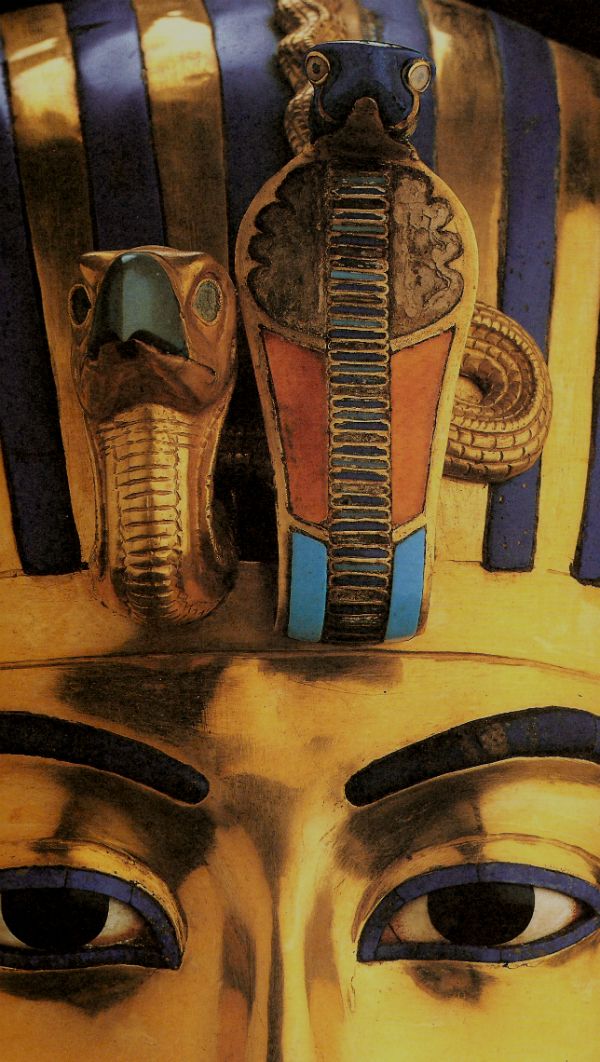
Studying Akhenaten provides us with a deeper understanding of the complexities and dynamics of ancient Egyptian society. His reign serves as a reminder that even within a civilization known for its stability and continuity, individuals can have a profound impact, shaping the course of history and leaving an enduring mark on the world.



